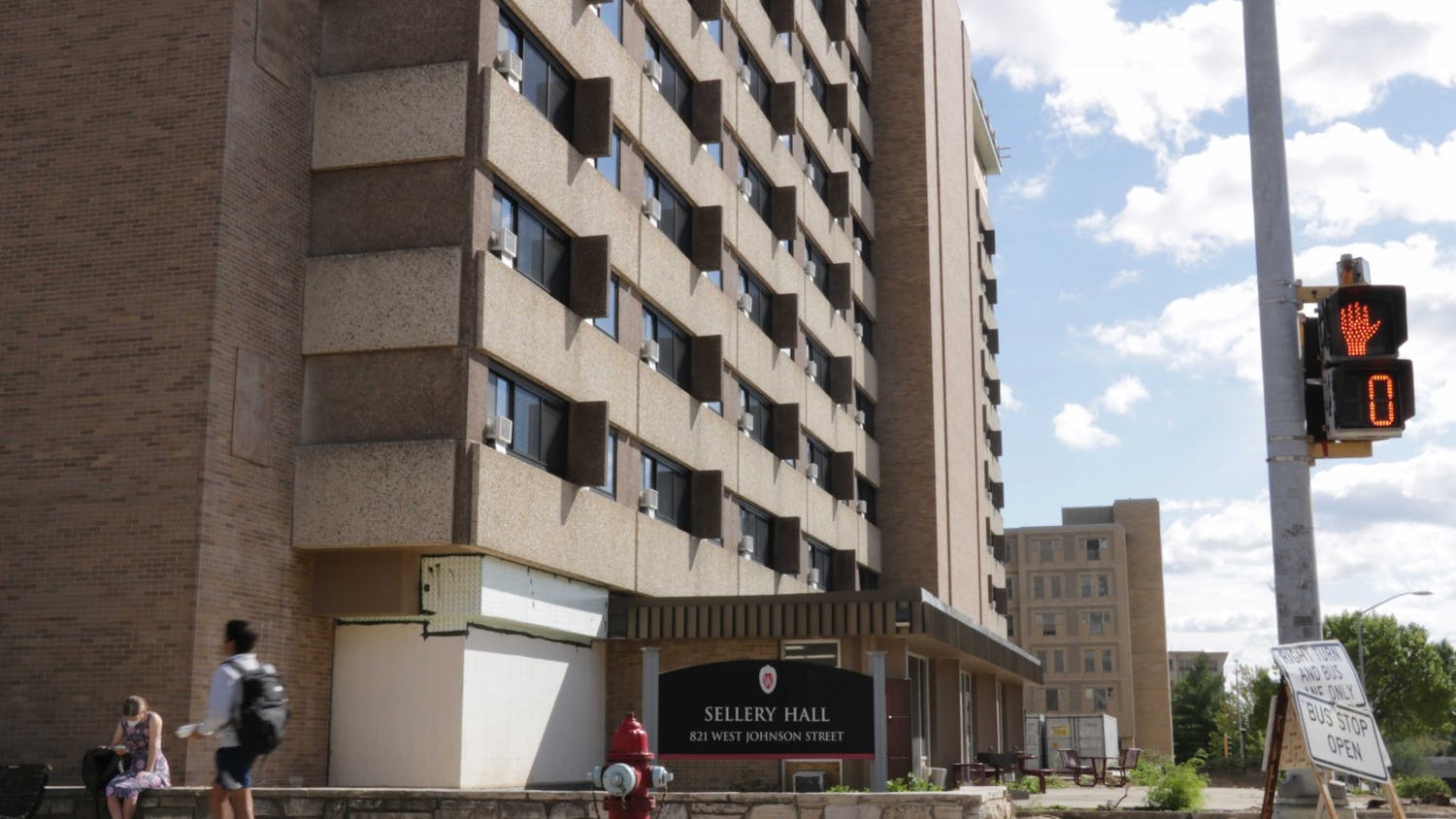Wednesday's snow day brought a welcome vacation for many Madison employees. For those living paycheck to paycheck, however, it was one nudge closer to homelessness.
""If you've got a two-week pay period and you miss one day that's 10 percent of your pay period that's going to be gone … a lot of people can't afford to lose 10 percent of their paycheck,"" Ralph Middlecamp, executive director of Madison's Society of St. Vincent de Paul food pantry, said.
Middlecamp said his pantry has already served more than 22,000 households in 2009, a 9-percent increase from last year.
""We're seeing people who never used a food pantry ever in their lives … who used to work a couple part-time jobs and lost one of them, lost hours or flat out lost jobs,"" he said.
For example, Peter, who asked to remain anonymous, worked in Dane County as a wireless communication consultant before being laid off last December. It was a challenging Christmas, especially for his 7-year-old daughter. He eventually started visiting The River, a food pantry near the Madison airport, after months of spending his savings and working freelance jobs that were hardly consistent.
""It's pretty much like trying to stop a boulder from rolling over you down a hill, particularly in this economy,"" he said.
With the recession putting so many in this difficult situation, The River's owner, Andy Czerkas, said society has ""a false perception"" of poverty.
""I really think that we think there's a moral deficit involved, and if people are poor, that they've done something wrong,"" Czerkas said. ""Some people are poor through illness … because they lost their jobs or because they don't get paid enough at their jobs.""
The one thing most people who use pantries do have in common, according to Middlecamp, is that they often juggle food costs along with rent, utilities and other essentials.
""What's left over from paycheck to paycheck is what you eat with, and if you've got any emergency at all, all of a sudden you get to the end of your pay period and you don't have enough money for food,"" Middlecamp said.
Shelter System
Madison also offers a strong shelter system, though there is rarely enough funding for everyone in need, and many end up on waiting lists.
""Even before the recession, Dane County was turning away about 500 families a year who couldn't get into shelter when they needed it … and this year is worse,"" Rachel Krinsky, executive director of the Dane County Road Home, said. Her shelter helps families and children get back on their feet, find jobs and affordable housing.
Krinsky said the winter months are typically harder on single men than families, since landlords are less likely to evict children out into the cold. Still, she expects the recession will fill up the normal shelters and send many to the ""bare bones"" warming shelters offered at Road Home by day and Salvation Army by night.
But more government and community resources are still desperately needed, Krinsky said.
""There's all kind of support from intensive case management counseling, bus tickets, food, some financial assistance … and really good work going on,"" Krinsky said. ""There's just not enough of it to meet the need.""
According to Middlecamp, unless the economy turns around quickly, need may soon surge for pantries like his as well as for shelters.
""Sometimes when you lose your job you've got enough in your bank account to go a few months or you've got some family members that will help you for a bit, so I'm expecting … our numbers are going to start to go up as people burn through their resources,"" Middlecamp said.
Poverty Misconceptions
Tanya Armour, who graduated from Edgewood College in 2002 with a degree in art therapy, knows all about living on the edge of poverty. She's not homeless, but spent the past seven years searching for steady employment while helping to raise her six grandchildren. She said Madison has quality social systems in place compared to other large cities, but it's much more difficult for those with mental illnesses, disabilities or language barriers, she said.
""When they have that double whammy, they can't take care of themselves … it's hard enough if you're ‘half-way normal' but if you've got any kind of illness it's really hard,"" Armour said. ""They don't have family to help them, and they don't know what to do with themselves.""
Students can help, Armour said, by challenging their assumptions about homelessness.
""[Students] think that everybody can just go to school and get a job and do those things because they don't realize that a lot can stop people from getting jobs,"" Armour said. ""Some people's criminal records stop them from getting jobs … age discrimination goes on even though you don't want to think it does, there's some institutional kind of racism that goes on.""
Look for the second installment in our series on homelessness in Tuesday's issue.






